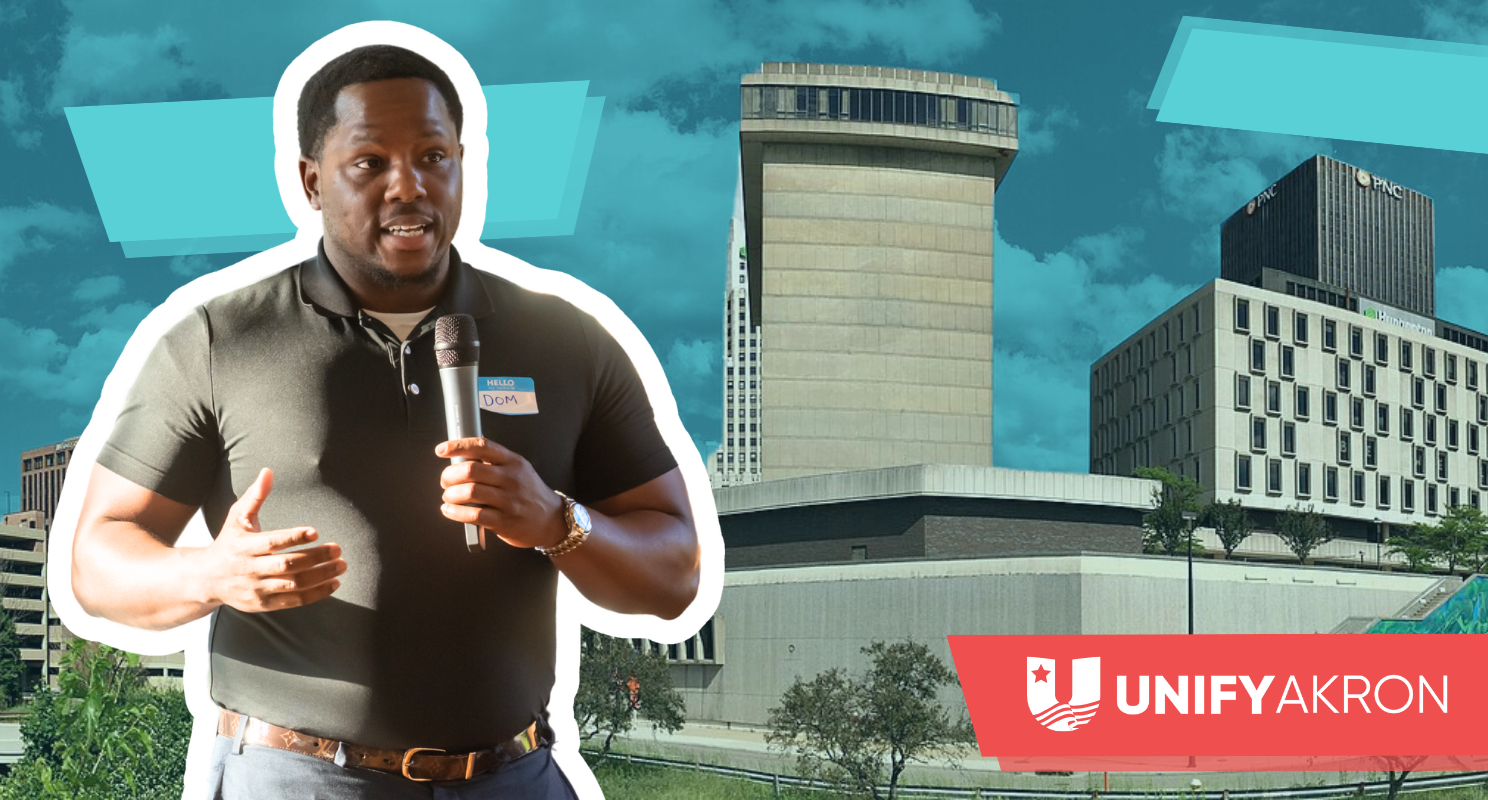Back to all
The Unify Challenge College Bowl: An antidote to campus polarization?

As recent events show, political polarization is making civil discourse across differences increasingly challenging on college campuses. A nationwide poll conducted this fall by The Associated Press-NORC Center for Public Affairs Research and the University of College Forum for Free Inquiry and Expression found that the public perceives unequal freedom of expression for different groups on college campuses and believes that colleges and universities vary in their effectiveness creating respectful and inclusive environments for disparate groups.1 At the same time, roughly two-thirds of the respondents also considered fostering respectful learning environments and supporting the free exchange of ideas as a primary purpose of colleges and universities.2 Because practicing the skill of communicating across differences is fundamental to education and the future of our democracy, Unify America (Unify) created the Unify Challenge College Bowl (College Bowl).
The first College Bowl program launched in 2021 with 10 schools participating. Since the launch, we have strategically broadened our outreach to recruit a diverse array of students from colleges in rural, suburban, and urban areas who represent a range of ideological perspectives. To date, 8,170 students and 285 professors from 167 institutions across 40 states have participated in the College Bowl. Our goal in 2024 is to reach an additional 13,000 additional students across the country and, with the support of funders like the Boettcher Foundation, we will also be deepening and expanding participation across Colorado and several other states.
Why and How the Unify Challenge College Bowl Works
With the dramatic rise in affective polarization – how positively we view members of our political party and how negatively we view those of the opposite party, particularly on college campuses – Unify wanted to test the hypothesis that we could reduce partisan animosity through a low-risk intervention. Enter the Unify Challenge College Bowl (aka College Bowl)!
Unify used various evidence-based frameworks to understand polarization and the conditions under which it could be reduced3 to design an experience to decrease negative perceptions.4 Specifically, the College Bowl is a virtual intercollegiate, multi-week event held several times each year that engages two college students from different backgrounds around a shared goal.

Add your university to the College Bowl
Interested in bringing the Unify Challenge to your classroom or university? Learn more & save your spot for the upcoming College Bowl today.
Participating professors and course instructors in colleges, universities, and community colleges across the country integrate the College Bowl into their curriculum. This enables thousands of student pairs to discuss 16 issues and share their points of view, discovering that they can have respectful dialogue without conflict, find common ground, and experience viewpoint diversity.
After the fall 2023 round of the College Bowl, participating students were surveyed and the results showed that
- 68% of students said it helped them see a new perspective they hadn’t considered before.
- 72% of students wish they had more opportunities to discuss these topics.
- 83% of students said that Americans are united when it comes to goals for our country, up from 45% before they took the Challenge.
- 63% of students felt more hopeful about the future of democracy, an increase from 16% who felt hopeful before the Challenge.
- 55% of students report an increased likelihood of voting in upcoming elections after taking the Challenge.
- 86% of students felt heard and not judged when sharing their opinions.
- 65% said they are more likely to share their points of view in class or on campus.
In addition to this promising participant survey data, Unify has amassed an extensive library of student video testimonials about their experiences taking the Unify Challenge and how it affected them. Here is a sample of the videos featuring student voices.
Some may say that “talk is cheap” or that conversations are “squishy.” But, given the toxic dynamics of interactions on college campuses these days, Unify America believes that colleges and universities cannot afford to skimp on developing the “soft skills” associated with communication, collaboration, and problem-solving. These are vital to students’ future success in their workplaces and communities, as well as being essential for the health and preservation of our nation’s democracy. And, it just might be an antidote to campus polarization.
---
1 The AP-NORC Center for Public Affairs Research. (September, 2023). “Public perceptions of freedom of expression on university campuses paints a complex picture” https://apnorc.org/projects/public-perceptions-of-freedom-of-expression-on-university-campuses-paints-a-complex-picture
2Ibid, n.p.
3Pettigrew, T. F. (2013). When Groups Meet. Psychology Press: New York, NY. https://doi.org/10.4324/9780203826461.
4Iyengar, S., Lelkes, Y., Levendusky, M., Malhotra, N., & Westwood, S. J. (2019). The origins and consequences of affective polarization in the United States. Annual Review of Political Science, 22(1), 129–146. https://doi.org/10.1146/annurev-polisci-051117-073034.

You might also be interested in...
The Moment Before You Click "Join"
A reflection on the nerves that show up right before a Unify Challenge conversation, and a reminder that you don’t need to prep perfectly.
Civil Dialogue Is a Workforce Skill
Workplaces need graduates who can navigate disagreement. Here’s one scalable way colleges are building that skill.
Home as the Foundation
Home is youth opportunity: Dominique Waters shares why stable housing matters—and why Unify Akron’s Civic Assembly gives him hope.
.webp)

.png)


.png)

.png)
